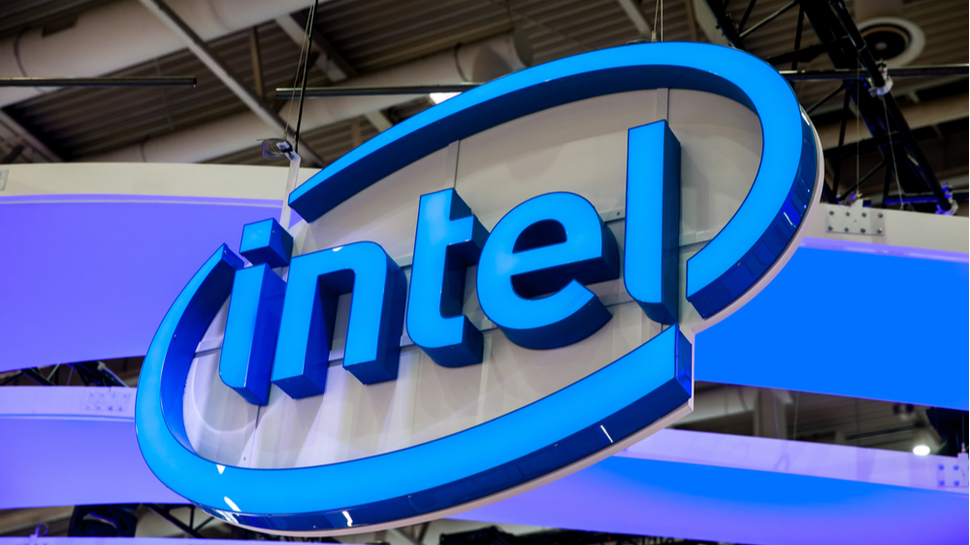AMD has a subtle dig at Intel, suggesting Alder Lake CPUs don’t make sense
AMD says it’s too early to move on a hybrid-core approach

AMD has come out and said that it doesn’t make any sense to be taking a leaf out of Arm’s book by using something similar to the chipmaker's big.LITTLE tech for Ryzen desktop CPUs, at least not in the near future – which is a not-so-subtle way of casting doubt on Intel’s processor plans.
Mainly because as you may be aware, Intel already attends to adopt a big.LITTLE kind of approach – where ‘big’ (standard) processor cores are paired with low-power more efficient ‘little’ cores – with Alder Lake, which will be the following generation of CPUs (expected to arrive later in 2021) to come after next-gen Rocket Lake chips (which debut in early 2021).
- Here are the best gaming PCs
- We’ve picked out all the best processors
- And check out the best motherboards
AMD simply believes the time isn’t yet right for this kind of approach, and indeed since hearing about Alder Lake’s implementation, pretty much everyone has been scratching their heads wondering exactly how this will benefit desktop PCs in a meaningful way (considering the efficient low-power cores are really there to drive battery-related benefits, so there’s certainly an obvious argument for laptops).
As PC Gamer spotted, AMD’s Joe Macri, Vice President & Product Chief Technology Officer, commented in an engineering roundtable: “We’ve been studying big.LITTLE, it’s been 15+ years, so this is not a new concept in any way shape or form. We continue to study it, we continue to look at it.
“We’re not going to talk about whether we’ll do it or not, but I’m going to talk about some of the challenges of it and around what you really want to do with it. Is the goal power efficiency? Is the goal more performance? Is the goal just marketing, 'I want more core count', regardless of what it does for the other two variables?”
Macri adds: “At AMD, the marketing one we’re going to throw out the window. We’re not going to do it just to have a bigger number.”
Naturally, more cynical types could read that as a suggestion that perhaps Intel is doing it for the count, considering it’s not yet clear what the benefits of such an approach might be for desktop PCs with Alder Lake.
Sign up for breaking news, reviews, opinion, top tech deals, and more.
Software progression
At any rate, AMD asserts that it won’t make sense to go down this path on the desktop until the software side of the equation takes advantage of this hardware configuration.
Macri observes: “Just driving up the core count with little isn’t going to be that useful until software comes along. It’s not a simple problem, and I think there’s been at least one company who has got it right. I wouldn’t say all the companies have got it right that have started doing it. What we’re really fighting, for big.LITTLE with AMD, is that Mike’s team is doing such a great job with big, it makes it hard to win with LITTLE.”
Of course, we have indeed seen that Ryzen processors have made some extremely impressive advances in terms of power-efficiency.
That’s not to say AMD is ruling out any kind of big.LITTLE-inspired plans for the future, of course – it just won’t be the near future, unlike Intel which has Alder Lake coming out in 2021.
Macri notes: “Over time I think there will be a point when we are going to need LITTLE, and it will be a point in time when the OS has the right attributes, the right capabilities in its scheduler and memory allocator, we’ll have the right memory subsystem. We’ll be able to give you not just a little bit better experience, but a much better experience. If we can’t get that experience change to be noticeable, why do it?”
Intel calls its big.LITTLE-style approach 'Hybrid Technology', and as you may be aware, it’s already a thing in Lakefield chips.
Alder Lake is going to be a huge change for Intel, not just with the introduction of Hybrid Technology for the 12th-gen chips, but these will be Intel’s very first 10nm-based desktop CPUs, with an entirely new socket featuring a whole different rectangular shape, rather than a square.
- Check out the best PC components for your rig
Darren is a freelancer writing news and features for TechRadar (and occasionally T3) across a broad range of computing topics including CPUs, GPUs, various other hardware, VPNs, antivirus and more. He has written about tech for the best part of three decades, and writes books in his spare time (his debut novel - 'I Know What You Did Last Supper' - was published by Hachette UK in 2013).